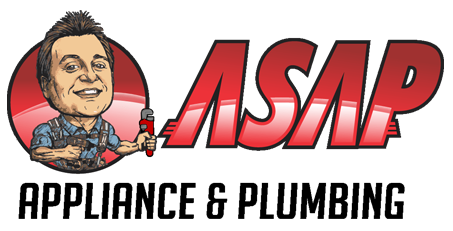While a sewer drain is a vital part of the home’s plumbing system, it’s not thought of as often as it should be… until there is a problem. A clogged sewer drain is not only a plumbing emergency, but it can also be a health concern as wastewater would have no place to go.
What is the main sewer line?
Homes connected to city sewer service lines have a single sewer drain pipe running underground from the house to the road. The pipe is quite small, measuring just 3-4 inches. Each fixture in your home has its own drain that all feeds into the main drain. This is why keeping it unclogged is so important.
What are the signs of a clogged sewer drain?
If water fills your bathtub when your washing machine is running, or your sink fills when you flush the toilet, you have a sewer drain clog. Another indicator is sewage standing in (or draining out of) your home’s sewer cleanout located outside.
What Can I Do to Prevent a Clog?
- Don’t use your toilet as a garbage – Stay away from flushing facial tissues, napkins, diapers, and feminine products.
- Use your garbage disposal wisely – Avoid discarding large quantities of anything that can become stuck.
- Don’t pour grease down your drain – While it’s liquid when poured down your drain, it can harden inside your pipe.
How Often Should I Get My Drains Cleaned?
It’s important to schedule drain cleaning to prevent issues and clear blockages that are out of your control such as roots and mineral buildup. You should be cleaning your drains every two years.
A blocked drain can throw your daily routine completely off. Get things back to normal fast with ASAP Appliance & Plumbing Services’ drain cleaning service. No matter how big or small your drain cleaning emergency may be, ASAP can clear away the problem as soon as you need us. Call 402-706-9931 or fill out the contact form now to schedule your emergency drain cleaning in Omaha!


